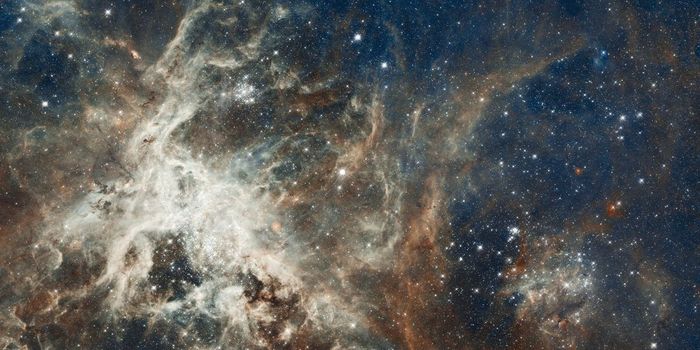Can you imagine a world without ice? Even if you live in Florida with the sole intention of escaping icy winters, ice does a lot more for the planet than you may realize. First off, if all the ice were to melt, more of the sun's energy would be absorbed into the oceans, which could affect air currents and jet streams. The northern jet stream would most likely shift southward, causing places like England to get a whole lot more rain and bringing colder air and more snow to North American. I don't know about you, but my New England home already had snow up to the windows last winter - no more, please! Melting ice also means losing critical habitat for Arctic wildlife such as whales, walruses, seals, and polar bears.
To clarify, when we talk about melting ice, the most critical melting that could occur is that of ice sheets (which sit upon land), not ice caps (which float in the oceans). Melting ice sheets are what would cause drastic sea level rises, leading to flooding and inundation of coastal regions. The two biggest ice sheets, the Greenland and Antarctic ice sheets, together contain more than 99% of the freshwater on Earth. According to a study, if all the ice in the Greenland ice sheet were to melt, scientists predict that sea levels could rise 24 feet. Meanwhile if all the ice in Antarctica were to melt, sea levels would rise 200 feet! So long Florida!








